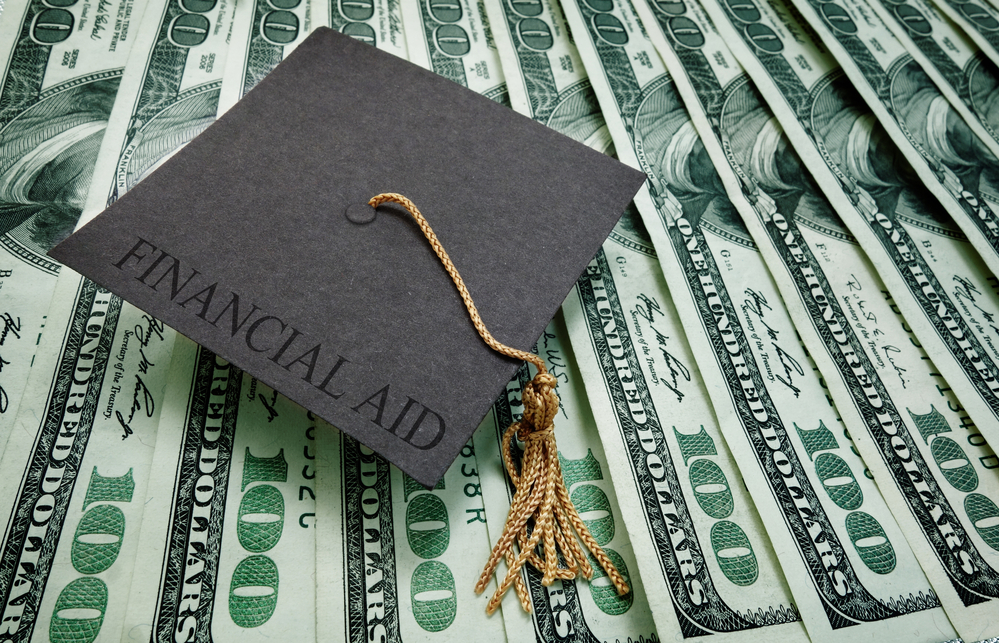 FAFSA (Free Application for Federal Student Aid) is a federal and state government-funded aid that helps pay for college tuition, room and board, books, and more. The amount of funding a student receives determines the quality and quantity of the services and supplies for their college education.
FAFSA (Free Application for Federal Student Aid) is a federal and state government-funded aid that helps pay for college tuition, room and board, books, and more. The amount of funding a student receives determines the quality and quantity of the services and supplies for their college education.
College tuition is extremely expensive for American families, costing them nearly $24,000-$33,000 a year. For a four-year college, that could equal up to $132,000 total. FAFSAs are filled out every collegiate year by families who haven’t earned scholarships in an effort to receive extra assistance with the tuition of an institution of higher education.
Some families may not understand the importance of federal student aid or the benefits it has for college payments until it’s too late. These applications are income based, and there are formalities and deadlines in place to help parents and students fully grasp the crucial forms. There are a few things families can know and do to help maximize their financial aid.
Apply Early
Expeditious applications offer students a quicker turnaround on their efforts for financial aid. The benefits from these applications are on a first-come, first-served basis. While there are already due dates set for most colleges to have these applications in by, the earlier you file, the more you could receive, and the quicker you will know the results of your eligibility.
Income & Assets
Household income is what matters the most in a financial aid application. Minimizing taxable income the previous year before an application is filed helps solidify a higher financial payout. The less a household makes, the more colleges see the household as being in need and unable to foot any part of the bill.
When families are already working, it can be difficult to set back income without hurting the home. In this case, households will simply need to hold off on receiving profits from any assets. This means not withdrawing from 401(k), IRA, or selling stocks or bonds. Also, those with steady sources of income can request to have any bonuses deterred until further notice.
Savings
Many parents begin saving for their child’s education early on in their lives. This is charitable and could pay off, however, savings do count in a FAFSA and will be considered expected family contributions. It’s best to have savings accounts listed in the parent’s name. Assets in a parent’s name are assessed at lower rates than they would in the student’s name, so they won’t count against the financial assistance as much.
For example, eligibility is reduced by around $560 for every $10,000 saved by a parent, whereas a student’s savings can reduce aid by $2,000.
Conclusion
Never let the assumption that you won’t qualify for financial aid keep you from applying early or trying to minimize costs and income from the previous tax year. Even wealthier students could get some aid. The point is to apply in a way that best reduces the expected familial contributions truthfully. Even after filing a FAFSA, families may be able to qualify for other benefits, grants, and future scholarships.






